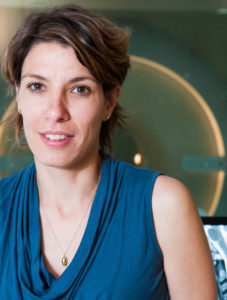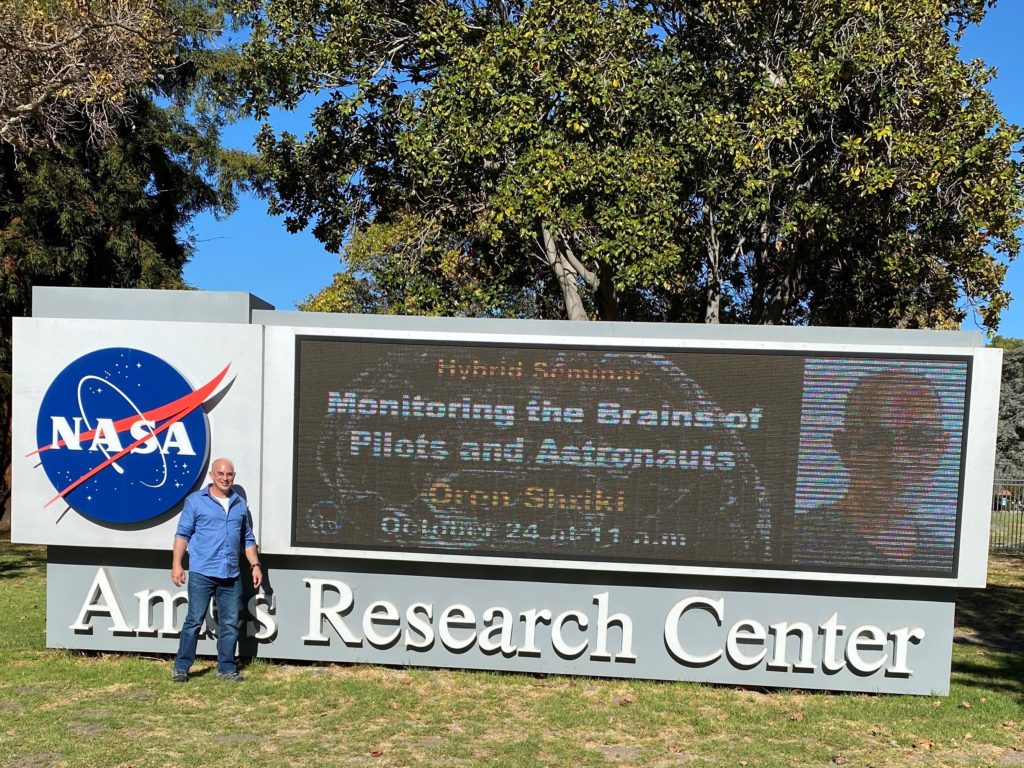
“Face Blindness” Caused by Lack of Brain Connectivity
“Face Blindness” Caused by Lack of Brain Connectivity
October 26, 2017
Medical Research, Social Sciences & Humanities
The Jerusalem Post – Researchers at BGU have developed a way to better diagnose a rare condition in which people are born with a difficulty recognizing faces.

Prof. Galia Avidan, chair of BGU’s Department of Brain and Cognitive Sciences and member the Department of Psychology
They used imaging-based tools to diagnose congenital prosopagnosia (CP), also known as “face blindness.” The same approach can also be used to investigate the basis of other neurodevelopmental disorders, such as developmental dyslexia.
Brain imaging studies show that face recognition depends on the coordinated activity of multiple brain regions. A core set of areas toward the back of the brain processes the visual features of faces, while regions elsewhere process more variable features such as emotional expressions.
About two percent of the population suffers from CP. Since people with CP have no obvious anatomical abnormalities in the brain, and scans reveal that there is normal activity in core regions of the face-processing network, the cause of CP still remains a mystery.
One possibility is that the condition reflects differences in the number of connections (or “connectivity”) among the brain regions within the face-processing network.
To test this hypothesis, BGU researchers compared the connectivity in individuals suffering from CP to that of volunteers without CP. In the latter group, the area of the brain network called the anterior temporal cortex was highly connected to many other face-processing regions. In the group with CP, this hub-like connectivity was missing.
“This study provides a bird’s-eye view of the face network that sheds new light on critical questions, such as what aspects of the network architecture underlie normal face representation and what aspects of the network are compromised when face perception is impaired,” says the study’s primary investigator Prof. Galia Avidan, chair of BGU’s Department of Brain and Cognitive Sciences and member the Department of Psychology.



